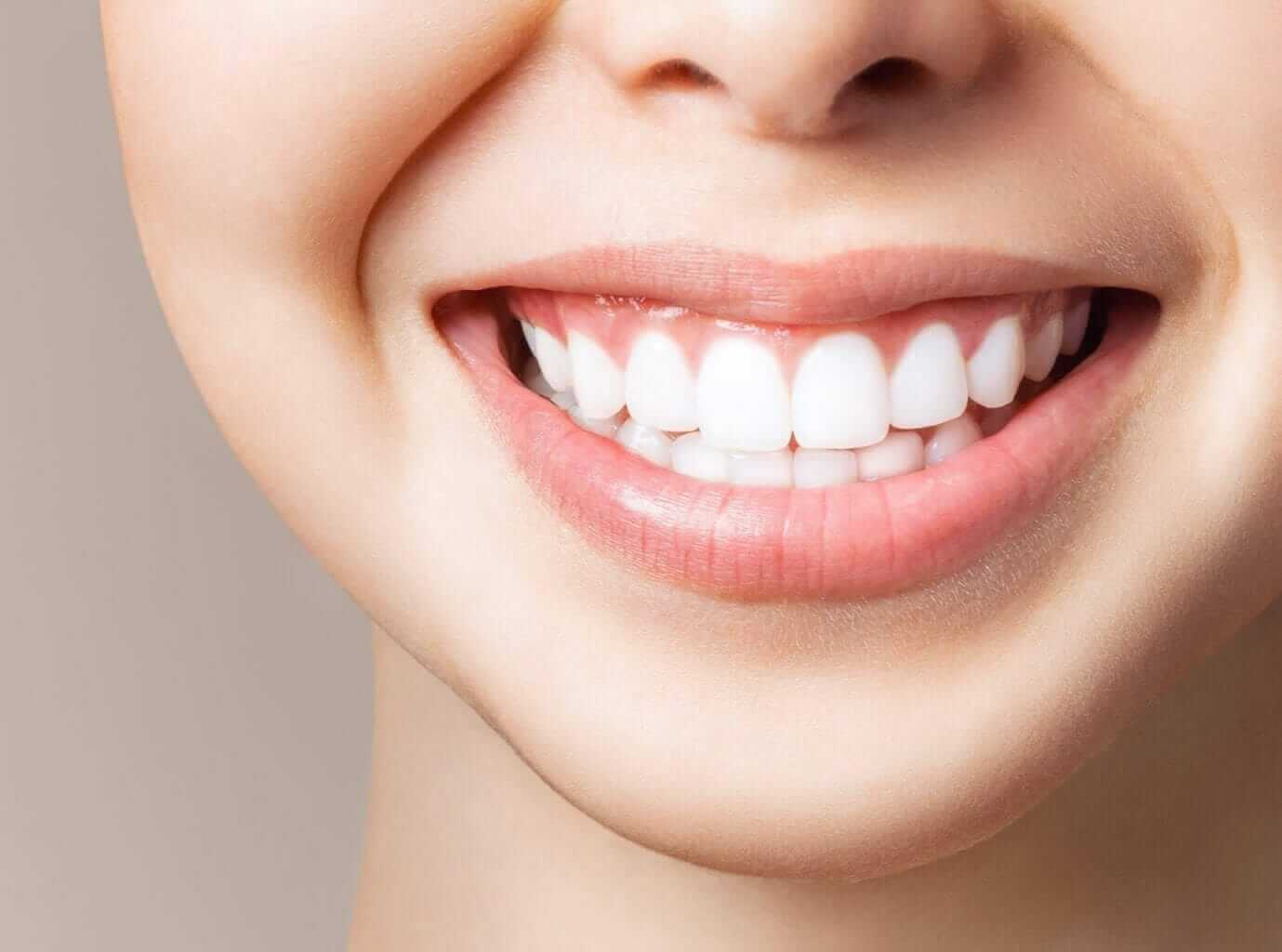In fact, gum disease may lead to heart disease, diabetes, and other chronic health issues (source). Harmful bacteria that originate in your mouth can also inflame and narrow the arteries and blood vessels located in your ears and brain, which are crucial to your hearing health. Once you understand the link between oral health and hearing loss, we hope you won’t ever forget to brush, floss, or visit your dentist.
The Process of Hearing
First, let’s review how hearing works. When your outer ear collects sound waves, the vibrations funnel into the ear canal, through the eardrum, and into the middle ear, where they vibrate tiny bones called ossicles. The vibrations then reach the innermost part of the ear, an organ called the cochlea. Here, the vibrations stimulate fluid and tiny hair cells, which translate the vibrations into electrical impulses. The brain detects these impulses via the auditory nerve and interprets them.
If any of these components fail to complete its job properly, you will experience auditory issues. Common complications include damaged hair cells, perforated or ruptured eardrums, ear infections, and otosclerosis.
The Link Between Oral Health and Hearing Loss
So how are oral health and hearing loss connected? If you neglect your dental hygiene by forgetting to brush your teeth or avoiding flossing, harmful bacteria will develop around your teeth and gums. Dental issues like periodontal disease, dental infections, and abscesses can cause this bacteria to proliferate. If left untreated, the bacteria can enter your bloodstream and may even reach your brain. When bacteria in the mouth spreads throughout the body, it can cause inflammation that prevents the healthy flow of blood and may result in clots. Because the hair cells in the cochlea require healthy blood circulation, they may become damaged or even permanently destroyed if blood circulation is low, causing hearing loss (source).
How to Care for Your Teeth and Gums
To ensure that a rich supply of blood can reach your cochlea, it is important that you maintain a good oral hygiene routine. Luckily, this doesn’t require a lot of time or effort – just consistency. Once you get into the habit of caring for your teeth and gums properly, it will feel like just another part of your daily routine. Follow these basic rules, and ask your dentist if you have any questions:
- BRUSH: Brush your teeth at least twice a day, ideally after meals. Brush for two minutes or more each time using a soft-bristle brush. Be sure to select the right size of toothbrush; it should be able to fit into the back corners of your mouth and reach all the surfaces of your teeth. After you brush, rinse your toothbrush and let it air dry. Replace your toothbrush every three to four months, and do not let anyone borrow your toothbrush.
- FLOSS: Floss your teeth at least once a day, wrapping a new section of floss around each tooth each time. You should use at least 18 inches of floss.
- VISIT THE DENTIST: Schedule a cleaning and evaluation with your dentist every six months. The dental hygienist will professionally clean your teeth, but this doesn’t eliminate the need for daily brushing and flossing at home. Your dentist or hygienist may provide feedback to help you improve your oral hygiene routine. During the evaluation portion of the appointment, your dentist will look for symptoms of dental issues, diagnose any ailments, and recommend treatments.
Many aspects of health are related, so if you want to preserve your hearing health, don’t focus solely on ear protection and visiting your audiologist. Try to keep your entire body in good shape.
Finally, if you are experiencing hearing loss, tinnitus, hyperacusis, or another auditory issue, please contact the Sound Relief Hearing Center in Colorado or Arizona (our Scottsdale office will open its doors on April 2, 2018!). With our unparalleled excellence in the hearing industry, our dedication to patient satisfaction, and our commitment to helping people control and conquer their hearing issues, you can count on Sound Relief Hearing Center for support and assistance. To learn more about us, please browse our website, visit our Youtube channel, or give us a call at 720-344-7600. You can also schedule an appointment online to meet with one of our audiologists. We look forward to hearing from you!

